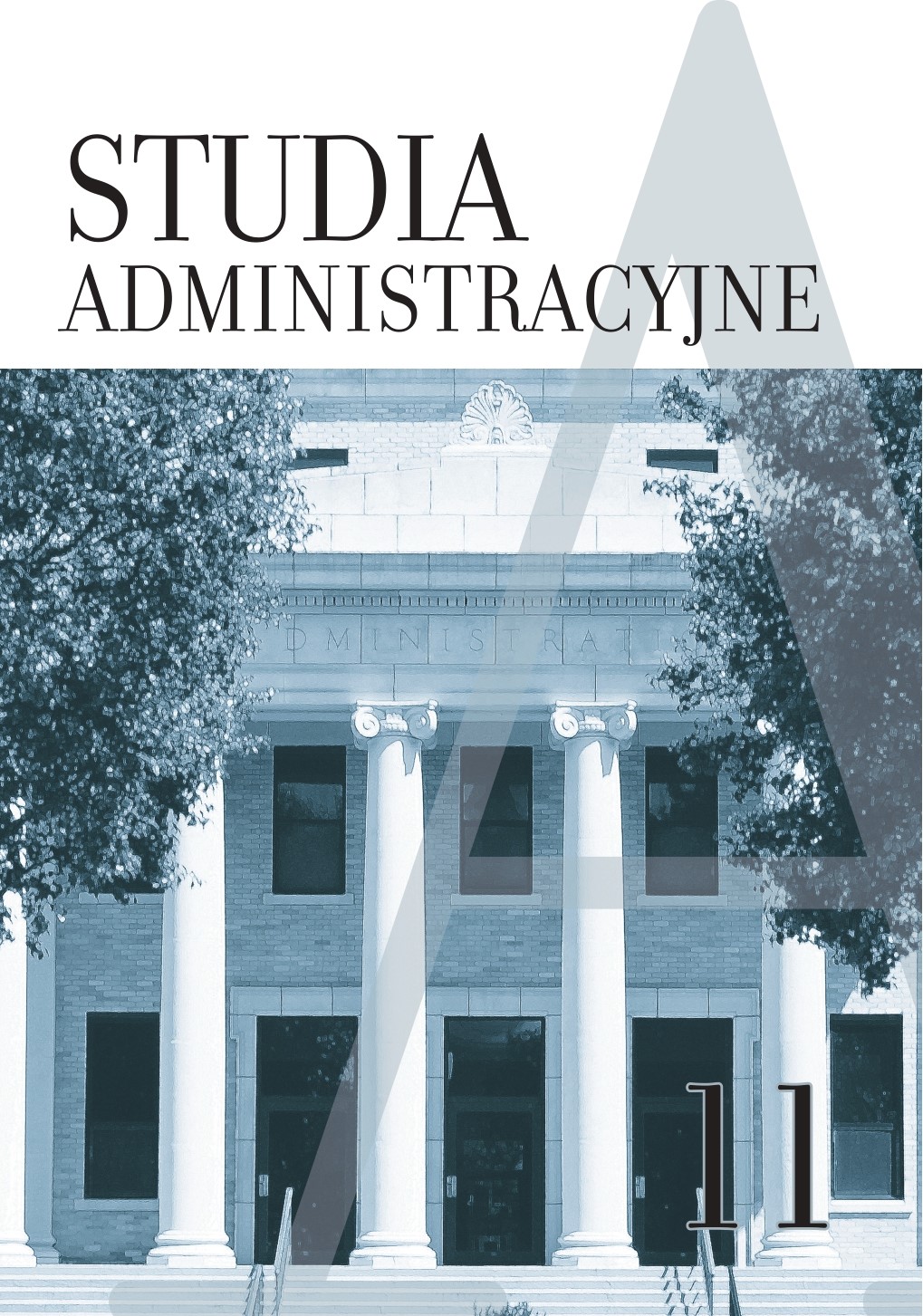Issues of administrative powers in the processes of executing administrative law
Issues of administrative powers in the processes of executing administrative law
Author(s): Rafał StasikowskiSubject(s): Law, Constitution, Jurisprudence, Public Administration
Published by: Wydawnictwo Naukowe Uniwersytetu Szczecińskiego
Keywords: administrative powers; execution of administrative law; application of administrative law; discretion; internal sphere of administration
Summary/Abstract: The subject of the study involves selected topics of administrative powers in the field of executing administrative law. The aim of the research is to determine the range of administrative powers in the processes of administrative law execution and to compare it with the scope of discretionary powers of administration in the administrative law application processes, to juxtapose legal bases of both types of authority, of sources of administration’s legitimacy in both spheres and of causes for differentiation of legal bases of both spheres of administration’s activity. The provisions of administrative law regulating this issue are analysed and the research is conducted using the method of interpretation of norms of applicable law.The set of discretionary powers of administration in the external sphere of law execution and the internal sphere of processes of administrative law application and execution boils down to the implementation of statutory blanket rules setting aims and tasks, including determining or specifying the volume of public tasks, selection of methods and legal forms of action, deciding on the legitimacy, time, place and scope of action or non-action, establishing internal procedures for planned action, determining legal means ensuring internal steerage in the processes of performing public functions, objectives and tasks.It is wider than the scope of discretion in the processes of its application thus making administration the mouth of the legislator. It is qualified to create the legal basis for its activities and to freely execute the statutory norm, being restricted in this regard only by the aims and axiology of a statute and the principles of rationality.
Journal: Studia Administracyjne
- Issue Year: 2019
- Issue No: 11
- Page Range: 85-95
- Page Count: 11
- Language: English

